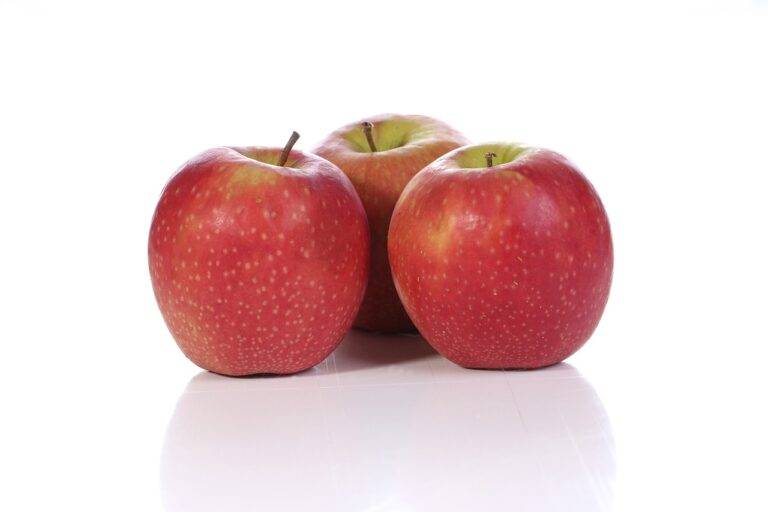The Role of Nutrition in Sports Performance: Allpannel, Cricket id online, Gold365 betting
allpannel, cricket id online, gold365 betting: The Role of Nutrition in Sports Performance
Nutrition plays a crucial role in sports performance, influencing an athlete’s energy levels, endurance, recovery, and overall health. With the right balance of nutrients, athletes can optimize their performance and achieve their full potential on the field or in the gym. In this article, we’ll delve into the importance of nutrition in sports performance and how athletes can fuel their bodies for success.
The Basics of Sports Nutrition
Sports nutrition involves consuming the right types and amounts of food and fluids to fuel the body for physical activity. The key nutrients that athletes need include carbohydrates, protein, fats, vitamins, minerals, and water. Carbohydrates are the body’s primary source of energy and are essential for fueling high-intensity exercise. Protein is important for muscle repair and growth, while fats provide sustained energy and support overall health. Vitamins and minerals play a crucial role in various physiological processes, such as energy production and muscle function. Hydration is also vital for maintaining performance and preventing dehydration.
The Impact of Nutrition on Performance
Proper nutrition can have a significant impact on an athlete’s performance. Consuming the right balance of nutrients before, during, and after exercise can improve strength, endurance, recovery, and overall wellbeing. For example, consuming carbohydrates before exercise can increase glycogen stores in the muscles, providing a readily available source of energy during intense physical activity. Protein consumption post-exercise can help repair damaged muscle tissue and promote muscle growth. Adequate hydration is essential for maintaining performance and preventing heat-related illnesses during exercise.
Nutrition also plays a role in mental performance, with certain nutrients influencing focus, concentration, and reaction time. For example, omega-3 fatty acids found in fish oil can support cognitive function and mood stability, while antioxidants in fruits and vegetables can protect the brain from oxidative stress. By fueling the body with the right nutrients, athletes can enhance their mental and physical performance on the field or court.
Nutrition Strategies for Athletes
To optimize sports performance, athletes should focus on consuming a well-balanced diet that provides all the essential nutrients their bodies need. Some key nutrition strategies for athletes include:
1. Carbohydrate Loading: Consuming a high-carbohydrate diet before endurance events can help maximize glycogen stores and improve performance.
2. Protein Intake: Including sources of lean protein in each meal can support muscle repair and growth, helping athletes recover faster from intense workouts.
3. Hydration: Drinking an adequate amount of water before, during, and after exercise is crucial for maintaining performance and preventing dehydration.
4. Nutrient Timing: Consuming the right nutrients at the right times can enhance performance. For example, consuming carbohydrates and protein within 30 minutes post-exercise can promote muscle recovery.
5. Supplement Use: Some athletes may benefit from taking supplements such as creatine, caffeine, or branched-chain amino acids to enhance performance. However, it’s essential to consult with a healthcare professional before adding supplements to your regimen.
By implementing these nutrition strategies, athletes can fuel their bodies for success and achieve peak performance in their chosen sport.
FAQs
Q: What should athletes eat before a workout or competition?
A: Before a workout or competition, athletes should consume a meal or snack that provides a balance of carbohydrates, protein, and fats. Examples include a banana with almond butter, Greek yogurt with berries, or a turkey sandwich on whole-grain bread.
Q: How much water should athletes drink during exercise?
A: Athletes should aim to drink 7-10 ounces of water every 10-20 minutes during exercise to stay hydrated. In hot or humid conditions, they may need to drink more to replace fluids lost through sweat.
Q: Are there specific foods that can help improve sports performance?
A: Yes, certain foods can help improve sports performance, such as bananas for quick energy, salmon for omega-3 fatty acids, and quinoa for sustained energy. Including a variety of nutrient-dense foods in your diet can support optimal performance.
In conclusion, nutrition plays a vital role in sports performance, influencing energy levels, endurance, recovery, and overall health. By focusing on consuming the right balance of nutrients, athletes can optimize their performance and achieve their full potential in their chosen sport. Implementing key nutrition strategies such as carbohydrate loading, protein intake, hydration, nutrient timing, and supplement use can help athletes fuel their bodies for success. By prioritizing nutrition, athletes can set themselves up for success both on and off the field.







